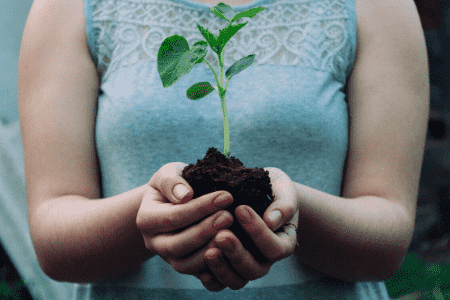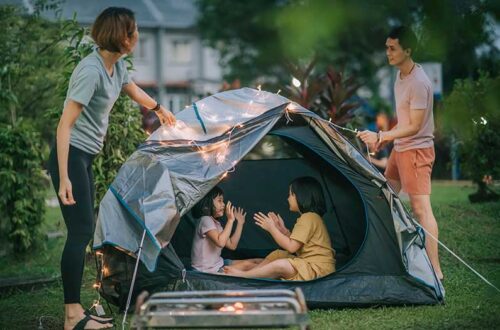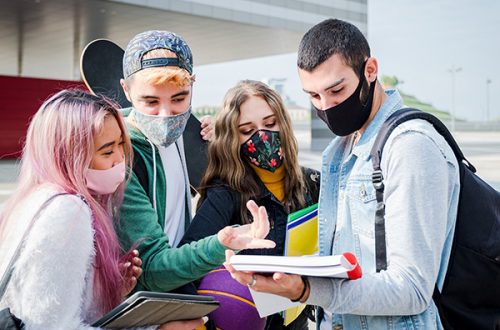Calling All Ideas
Waste-Free 2020
Green Living: January 2020
By Lisa Catterall
Periodically our faculty comes together to review our school’s mission statement and our three pillars of Academic Excellence, Positive Character Development, and Creative Self Expression.

Often during our discussions, the idea of “environmental stewardship” as a fourth pillar arises. Whether it is a pillar of our school, a curriculum program crossing all ages, or a shared value infused throughout the community, it is something we strive to model for our students and children.
While reducing plastic waste is a very common goal in our homes and at our school, many of us deeply value the ability to bring our children joy during the celebrations of the holiday season. Simply put, it can be easy to forget our commitment to stewardship of the earth at this time of year. In 12 years of teaching thoughtful and curious kids at Mount Madonna School (MMS), I’ve noticed that they feel empowered when we model the environmental principles we’re asking them to learn, uphold, and disseminate.
This year, I’m thinking more about how to balance my students’ requests for holiday parties and activities with our school’s environmental principles. I’m thinking about how to bring joy into my home without plastic packaging, plastic ribbon, plastic food containers, and without being any part of the limited life cycle of a manufactured product.
On our freshmen class trip to Catalina Island each spring, MMS students experience an institution that is very close to waste-free. It’s a school, and a camp, that grows a good part of its food, and manages to cater to enormous groups of students without one single-use product. There is a large building where broken things that might be discarded on the mainland are saved and worked back into usefulness.

Once, when I was in Nigeria, I went to sit by the hotel pool and noticed that the cheap white plastic chair I was in had been repaired. In America, these types of chairs cost just a few dollars and are discarded when they break. This chair had been stitched together carefully with wires; it was painstakingly saved and cared-for, then put back into use.
For whatever reason, economics or principles, these places showed me a mindfulness towards “disposable” objects that I rarely see around me in my daily life off the mountain. Our oceans need us all to embrace that kind of mindfulness, with every decision, every day. While some human effects on the environment are beyond our individual control, the cumulative effect of all of our daily decisions can make an enormous difference to our children’s future.
Will your family, and your class, make an effort to reduce waste this holiday season? If so, how will you do it? More importantly, how will we all do it together?
Lisa Catterall teaches STEAM, math, science, and art at Mount Madonna School and is a senior associate of the Centers for Research on Creativity. She lectures and trains teachers and administrators on innovation in education in Beijing, China. Lisa has five children and lives in Santa Cruz County.







